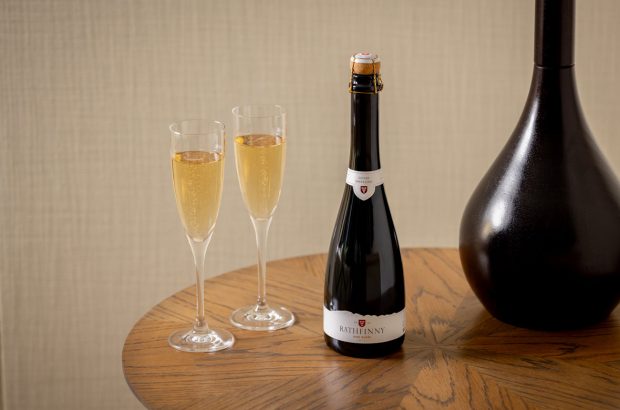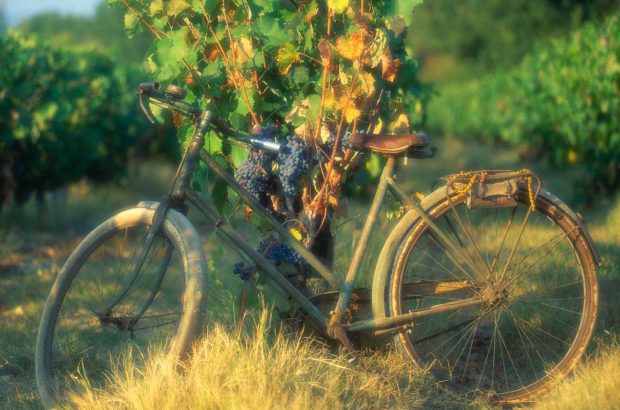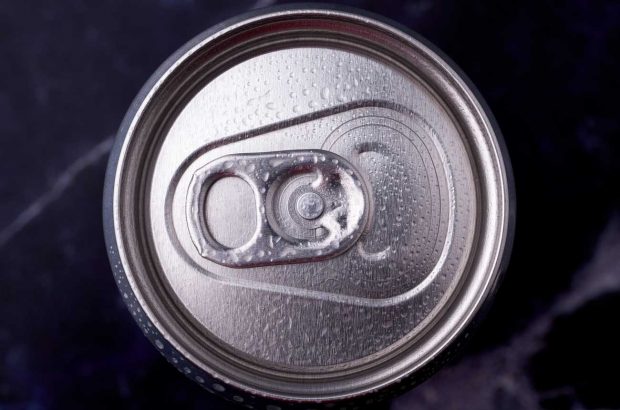Bodegas Ramón Bilbao have produced their first vintage with autochthonous yeasts...
In 2018, for the first time, Bodegas Ramón Bilbao have made all their wines with their own yeasts, selected from their vineyards with the aim of producing original, highly individual wines. The autochthonous yeasts, taken from specific terroirs, are able to highlight particular qualities related to the aroma, structure or colour of a wine.
In Bodegas Ramón Bilbao the results of this research, which dates back to 2015, were brought to fruition with the last harvest. “There is a clear sameness about the wines on the market, so through this project, our idea is to strengthen the identity of our wines. And at the same time, help to conserve autochthonous strains, saving them from extinction and fostering the discovery of their virtues and unique oenological personality”, explains Rosana Lisa, Director of Innovation and Development at the bodega, which has wineries in the Rioja and Rueda appellations.
Rosana reminds us that formerly, the wines were fermented using the yeasts which were present on the surface of the grapes, and these achieved wines of a different nature. As Louis Pasteur pointed out back in 1876: “If we subject the same must to different yeasts, wines of a different nature will be obtained”. However, this practice was abandoned in favour of commercial yeasts which help to maintain greater control over fermentation, allowing it to continue until all the sugar has been consumed. These yeasts, while ensuring the wines develop the desired characteristics, do not make them unique.

The search for our own yeast
“It was in 2015 that we began to pursue the singular character of our wines, identifying yeast ecotypes from those vineyards with a greater varietal typicity. The yeasts from the vineyard offered strains which were better adapted to each ecosystem, as well as a more natural method of production, thanks to the use of autochthonous yeasts. Hence, we have promoted a project with a more sustainable character for the environment”, explains Lisa.
In the first selection of yeasts, the main focus of the evaluation was whether they could satisfy the kinetics criteria for the fermentation process itself, without generating unpleasant “off” odours or an increase in SO2. In order to complete this selection it was very important to use the novel IPAV system (Varietal Aromatic Potential Index), which helps to measure the yeasts’ capacity with regard to the generation of varietal aromas. The aim has always been to create wines which are representative of the landscapes from which the various wines offered by Ramón Bilbao begin to be conceived.
Rosana Lisa has described the working process in these words, “After selecting between 16 and 18 yeasts which met the first criteria, we performed a number of fermentations. Thus we could see which yeasts were able to complete the whole fermentation process on their own, without generating unpleasant reduction odours. Following this initial study, we analysed the DNA of the selected yeasts to determine which ones did not exist in the catalogue of commercial yeasts. In this way we found a unique yeast”.

On the innovation road
It was an innovation to use freeze-dried yeast instead of fresh paste, the method most commonly used for the addition of yeasts. In this respect, Rosana Lisa adds, “We were interested in dry yeast to avoid contamination in the winery and to maintain greater control over fermentation. In this state the yeast is always in the ideal moment for use in perfect physiological condition”.
After all the necessary tests, Ramón Bilbao have reached the conclusion that their own yeast is now 100% established and for all the wines harvested during the last vintage, it brings all the primary character of the fruit, as well as more complex varietal aromas. Currently, the winery is studying how to improve the physiological life of such a characteristic yeast so that it can adapt better to the milieu and synthesise the primary aromas of the wine even more…
The journey has only just begun!





